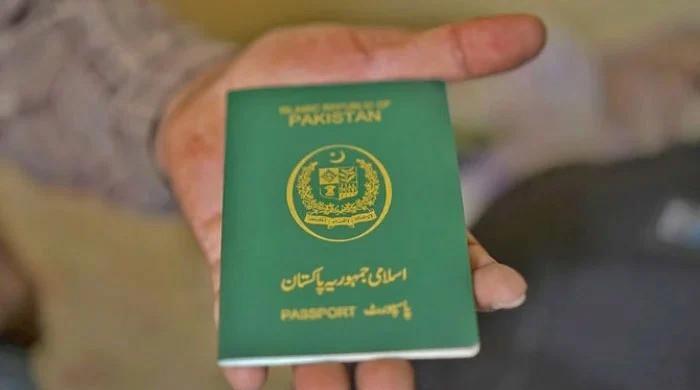Senate Committee Uncovers Fake Passport Scheme
The Senate Committee on Interior and Narcotics was briefed on Thursday regarding the identification of 1,296 individuals possessing counterfeit Pakistani passports by Saudi Arabian authorities. These individuals were later confirmed to be Afghan citizens.
Senator Faisal Saleem Rehman, presiding over the meeting at Parliament House, instructed the National Database and Registration Authority (Nadra) to present a comprehensive report during the committee’s subsequent session. This report should detail the actions implemented against officials implicated in the issuance of fraudulent documents and the manipulation of the national database.
The Senate standing committee convened under the direction of Senator Rehman.
During the session, Senator Irfan Siddiqui inquired about the number of passports issued in the past five years that were not legitimately held by Pakistani citizens. Mustafa Jamal Qazi, the Director-General of Passports, stated that 1,296 individuals with counterfeit Pakistani passports had been identified as Afghan nationals.
“In addition to this, 45 further cases have emerged,” he noted. The Director-General of Passports indicated that these individuals had been deported to Afghanistan. He further stated that 35 assistant directors were among those penalized for producing fraudulent passports.
Furthermore, it was revealed that a substantial number of fraudulent Pakistani passports had been created, predominantly originating from Khyber Pakhtunkhwa (KP) and Gujranwala, Gujarat. “We lack data for approximately 4,500 passports, while 3,000 passports were fabricated through photo-swapping, and an additional 6,000 were created by breaching Nadra’s data. These 12,000 holders of fraudulent passports are not currently within Pakistan.”
The committee also addressed proposed changes regarding the expiration of Computerized National Identity Cards (CNICs). Nadra’s Chief Operating Officer clarified that, according to established regulations, CNICs must be renewed every ten years.
During the proceedings, the chairman brought up the matter of unrelated individuals being improperly included in the family trees of legitimate CNIC holders.
To combat this type of fraud, Nadra has implemented a new policy that mandates the physical verification of an applicant’s blood relatives, in conjunction with the biometric capture of family members.



Comments (0)
No comments yet. Be the first to comment!
Leave a Comment